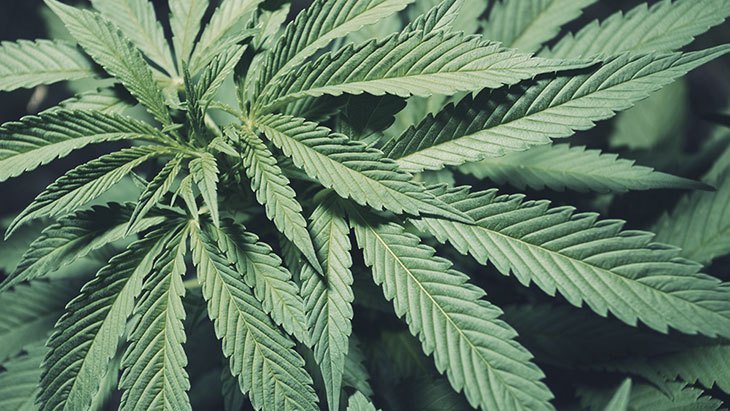 Members of the Senate advanced legislation on Wednesday that seeks to expand the pool of federally licensed entities permitted to grow marijuana for clinical research purposes. For over five decades, federal regulators have only authorized a single licensee – the University of Mississippi – to cultivate cannabis plants for use in FDA-approved clinical studies.
Members of the Senate advanced legislation on Wednesday that seeks to expand the pool of federally licensed entities permitted to grow marijuana for clinical research purposes. For over five decades, federal regulators have only authorized a single licensee – the University of Mississippi – to cultivate cannabis plants for use in FDA-approved clinical studies.
The legislation, Senate Bill 2032: The Cannabidiol and Marihuana Research Expansion Act, tasks the US Attorney General with authorizing scientists to engage in marijuana-specific clinical research trials, and also provides the AG with the power to approve applications form multiple entities to “manufacture marijuana for research purposes.” Under the proposal, the AG’s office would need to act upon pending manufacturing applications within 60 days of receiving them.
Under current regulations, the US Drug Enforcement Administration is tasked with reviewing and licensing marijuana cultivators. In 2016, the Agency announced that it would expand the pool of federally licensed growers beyond just the University of Mississippi. To date, however, the agency has failed to act on more than 30 applications before them. Scientists have consistently criticized the poor quality of the University’s plants, which they say fail to accurately reflect the varieties of marijuana commercially available in the United States. According to the federal government’s marijuana menu, scientists may currently select from no more than six varieties of pre-rolled cannabis cigarettes – none of which possess THC concentrations above seven percent or CBD concentrations above one percent.
The Senate’s action comes only days after House members passed separate legislation, HR 3797: The Medical Marijuana Research Act, which facilitates clinical cannabis research by establishing a process so that authorized scientists may access flowers and other products manufactured in accordance with state-approved marijuana programs and available at state-licensed retailers. Senators did not take up the House Bill, despite it being more expansive than Senate Bill 2032. The Senate Bill now awaits action from the House.
Unlike S. 2032, the House’s proposal would permit scientists to access a wide variety of cannabis products grown by state-licensed manufacturers, including “any derivative, extract, [or] preparation” of the substance. By doing so, scientists would for the first time be able to clinically study cannabis preparations available in the commercial marketplace, including high-THC products, tinctures, edibles, and high-CBD varieties of cannabis. In addition, the House’s plan places no limit on the total number of federal manufacturing licenses that may be granted by the US Attorney General, and also states that the United States involvement in international drug treaties “shall not be construed to prohibit … research involving marijuana or the manufacture, distribution, or dispensing of marijuana.” The Senate Bill contains no such provision.
In recent years, the DEA has blamed their failure to license additional cultivators to the belief that doing so would be in violation of the Single Convention treaty on Narcotic Drugs.
With only days left in the 116th Congress, it is unclear whether House members will act upon the Senate’s bill or try to amend it to better concur with the provisions in The Medical Marijuana Research Act.

